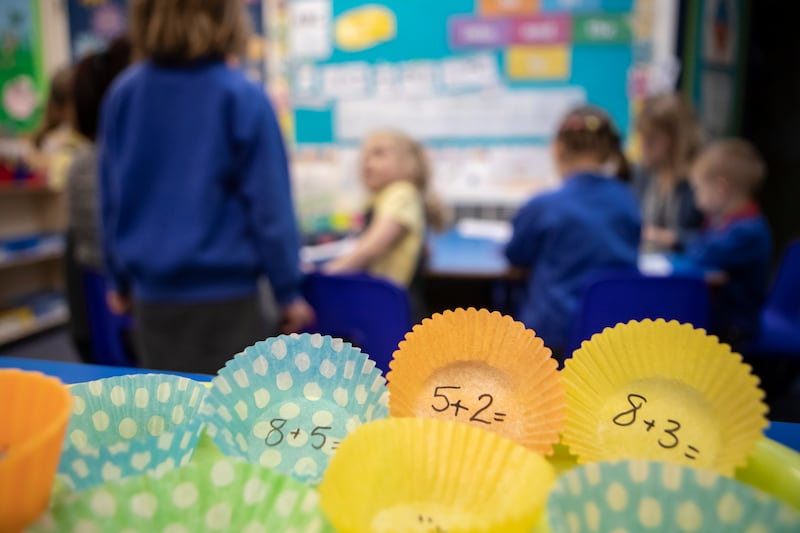Thousands of students are to sit digital mock exams over the coming weeks in a new pilot test, an exam board has said.
Students will be offered GCSE Computer Science, IGCSEs in English and AS-level History under the OCR and Cambridge International exam boards.
The mock tests will run in weekly sessions until March 19 and will be based on real exam papers while being marked by Cambridge examiners, the exam board said.
Schools will pay about £10 for each digital exam while students will receive their results within two weeks.
Cambridge University Press & Assessment said it is trialling the digital tests in up to 30 UK schools and 35 around the world.
Its assessment experts believe digital exams will become a permanent part of the exam system for GCSEs, IGCSEs and A-levels – and it wants to offer digital mock exams to all schools after the trials.
Exam board Edexcel, run by Pearson, said it has similar plans for digital exams, while AQA has also been conducting digital assessment pilots.
Jill Duffy, chief executive of OCR, said: “Digital assessment is not a hypothetical future, it’s happening right now.
“We will use insights from these trials to make our digital mocks a user-friendly option for all schools and colleges.
“Students will be able to take the highest quality online tests, building on our established paper exams, where schools opt to do so. Our development approach based on trials and research ensures we deliver high-quality, robust digital assessments.
“Students and teachers embraced digital learning by necessity during the pandemic. Now we can harness the best of that technology in assessment by choice.
“Digital assessment will never fully replace traditional exams, but technology is improving the student experience and can make exams more effective, resilient and flexible with access to faster feedback and results.”
Cambridge said it also wants to trial assessments for a new digital computing qualification that would run alongside the existing IGCSE in Computer Science.
The trials are to take place in about 20 schools across the world, from Chile to Zambia.
Rod Smith, group managing director for international education at Cambridge University Press & Assessment, said: “We are looking into the future, taking steps forward informed by input from teachers, industry and our researchers.
“We’re building digital-first qualifications around the world, exploring the immense potential for digital exams that can reach beyond the limitations of paper, while offering more flexible and personalised options.”








